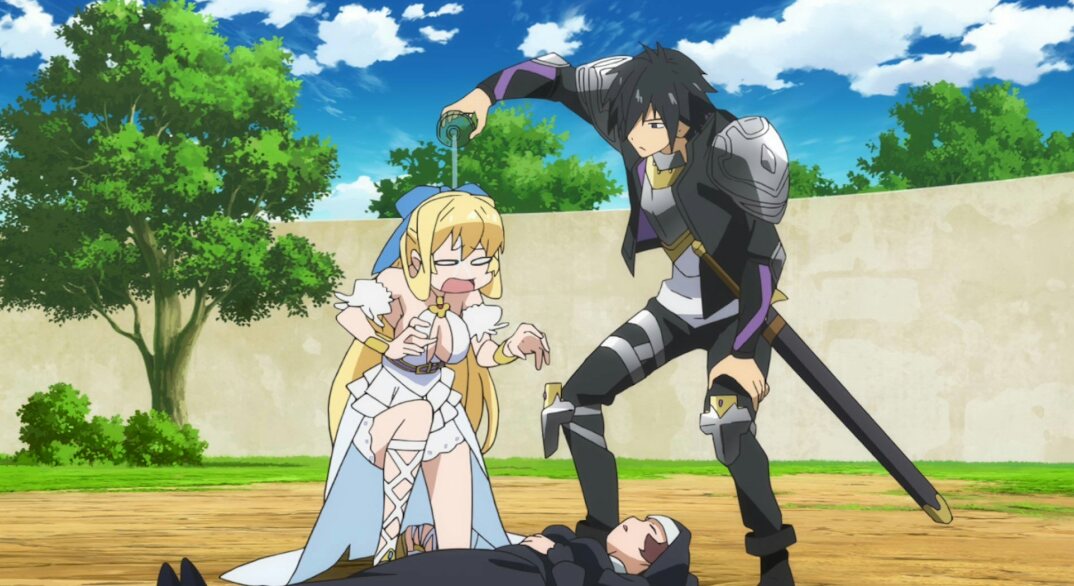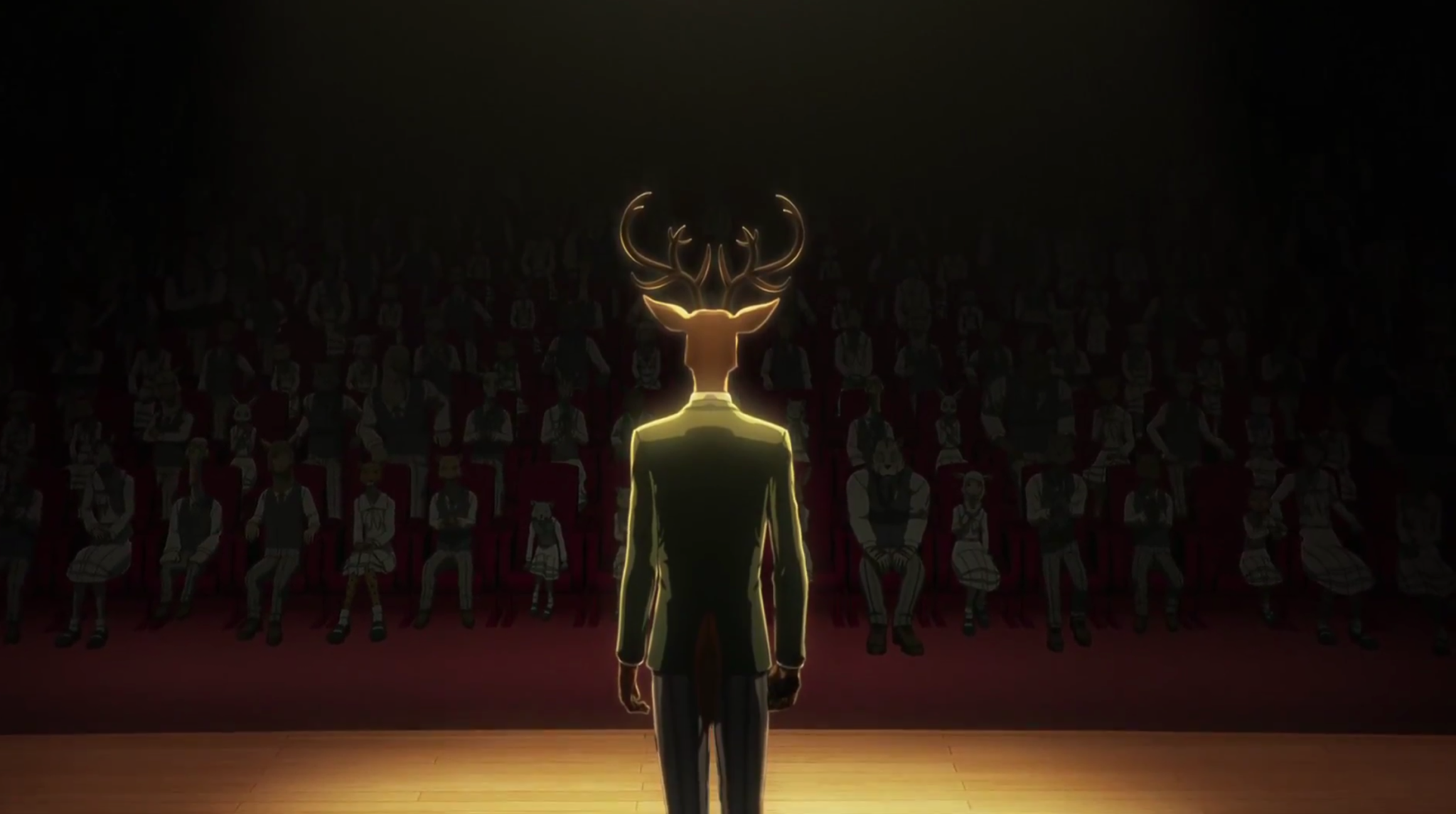SEASONAL PRATTLE
It’s still relatively early, but it’s becoming extremely hard not to say that Beastars isn’t outright the best executed show of the Fall season so far – illustrating headspaces and temperaments with incredible grace all while staying very taut in its scripting. Our latest outing is gorgeous in design with lots of refined looks for it leads: It’s tough to actively find Legoshi or Louis in a position that isn’t conveying some semblance of emotional or narrative information, which is a constructive treasure in its own right. Plenty of responsive composites further accentuates just how competent this show is when it comes to raw character work, and its back half theatrics gives a lot of confidence to the long term investability of this story. Well done.
Hoshiai no Sora (3)
Abruptly veering off into thorny family issues, Hoshiai no Sora’s third entry is once again nowhere near as elegant in its handling as its first – weaseling in yet another back-loaded overtly dramatic parental issue in what was otherwise a tame and fairly typical episode in its space. For that, Hoshiai no Sora never actually impresses in either of its halves: The first is a second straight dose of dime a dozen sports storytelling with newcomer Maki dominating the competition despite increasing efforts to foil him, living up quite heartily to a few tropes and cliches in the process, while the second doesn’t do much better – feeling nothing short of desperate.
Mean kids showing up out of nowhere with zero subtly in their intentions, transparently invoking drama, which results in a sequence that’s not only tonally abrasive but reachy in the emotional stab it’s trying to incur, is just lazy both in design and execution. Between that and the previously mentioned apparent affection for dishing out genre standard writing in notable stretches, there’s a fair concern that can be raised about this show’s quality moving forward – especially if this is going to be its usual formula.
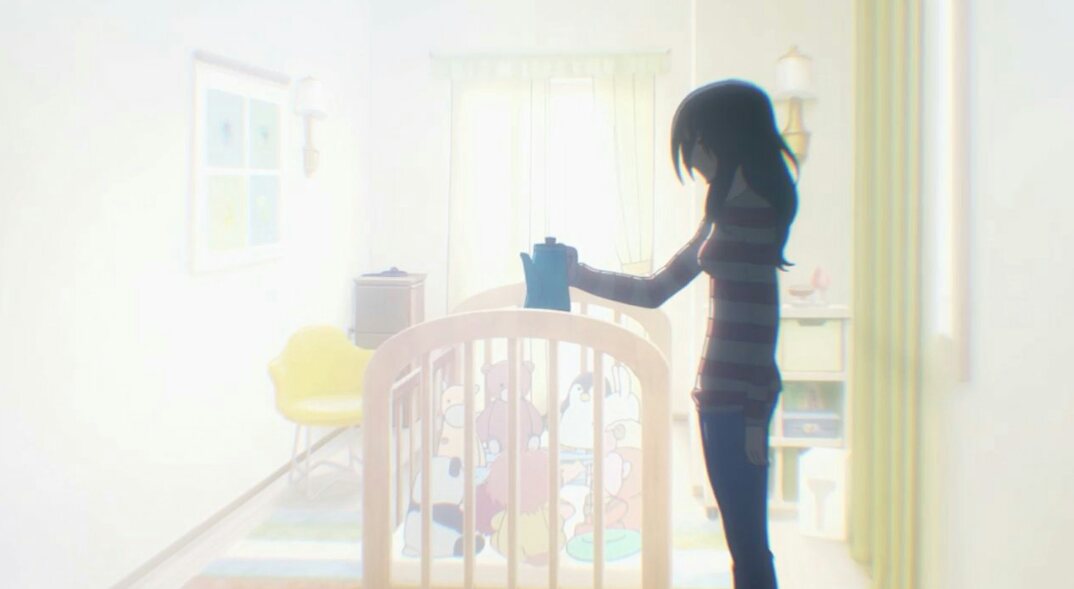
Psycho-Pass 3 (1)
Although it comes off as slightly rough at times, Psycho-Pass 3’s start is relatively reasonable from top to bottom all things considered. Like any story really worth investing into, the underlying writing as presented must both possess solidity and demand intrigue – facets that this 45-minute run manages to capture for the most part often on the shoulders of the episode’s brightest spot in Arata.
However, given this show’s expected tendency to voice its narrative with its cards close to its chest, there’s honestly not too much out of the box that raises an eyebrow to take home from its brand of writing. Some unique concrete visual choices holding value from time to time along with a good amount of directorial touches and sound cues which lends appreciable flavor, do what they can to elevate – but more textually needs to be proven. Satisfying showing, but hopeful for a higher performance next time.
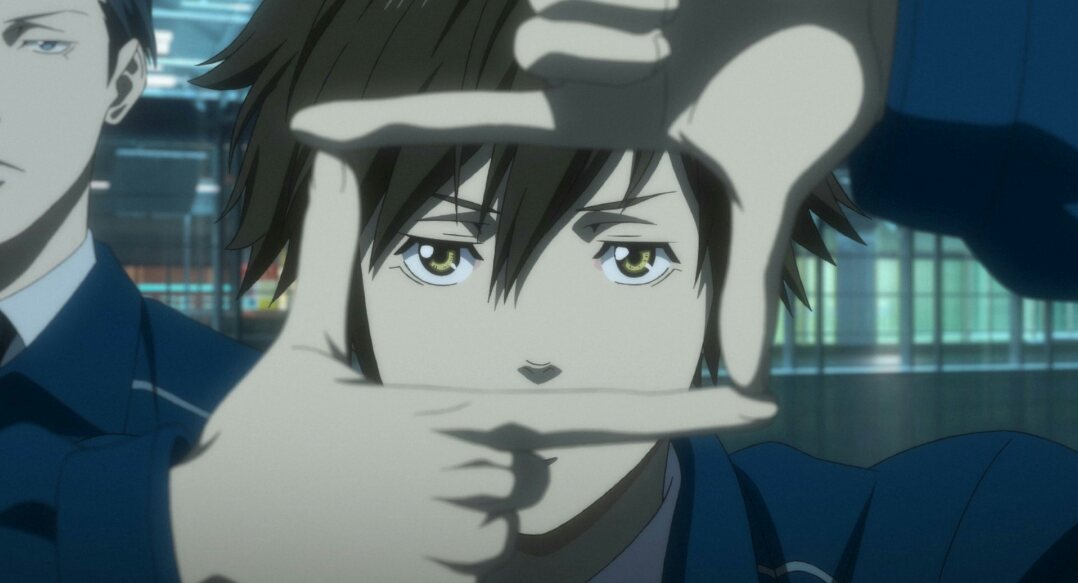
Ore wo Suki nano wa Omae dake ka yo (4)
It’s good to see after last week’s drama soaked turnout that Oresuki can readily get back to being a light, somewhat quirky watch without eating up too much run time in the process. A more underpowered romcom could have easily extended a fourth episode like this, where Joro is essentially just making up with the rest of the cast, into a bloated drag – even giving Cosmos, Himawari and Sun-chan their own episodes to mend bonds. But here, it’s handled quickly and seemingly easily which initially appears to be a concern until you actually factor in the context of:
– All of the apologies, including above and beyond ones like Sun-Chan confessing everything to the class while getting on his hands and knees and Himawari going out of her way to protect Joro’s property with her body.
– The time elapsed off-screen and distance between everyone since the misunderstanding has been cleared and the previously mentioned apologies have been given.
– Joro’s genuine desire to be friends pushed by the looming threat of loneliness.
And of course his waning scumbag motives that reaffirm just how off the hook everyone really is, that in totality, counterbalance that concern nicely. The usual bells and whistles round this latest performance out featuring some good spots of banter, well-pulled meta jabs and this series’ usual hold on situational comedy. Positive showing.
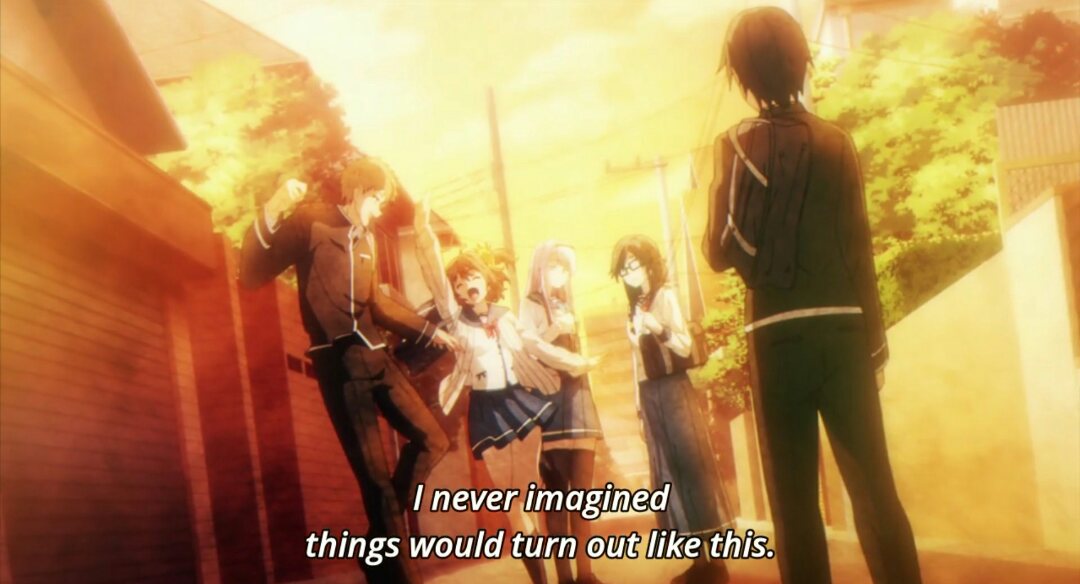
Sword Art Online: Alicization – War of Underworld (3)
Alicization continues to be lucky to have Manabu Ono at the helm as his directorial efforts have been the only consistent bright spot over these first three showings, sort of carrying a written output that’s still unpolished in a lot of ways and distinctly silly in others. Sequences with clear propulsive intentions are imagined well here – episode three packs just enough in stark layouts and clean composition to temporarily distract audiences from the hamstrung script, banter and wads of exposition it drives itself on. This disproportionate balancing act between visual and textual craft is a sad reality for a lot of series and certainly nothing new. So as usual, for the sake of the personnel, I hope this show finds more even footing down the road despite being middling as it stands today.
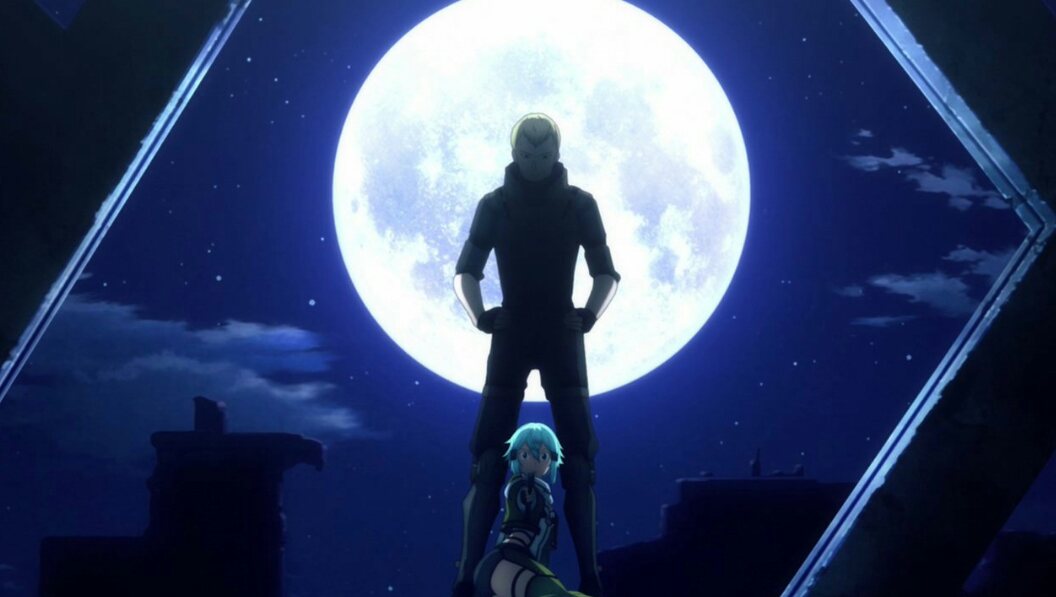
Shinchou Yuusha: Kono Yuusha ga Ore Tueee Kuse ni Shinchou Sugiru (3)
The long-standing question of “how long can this series’ central gimmick stay fresh” may very well have just been answered this week as Shinchou Yuusha feels like it’s hit its expiration date. Episode three simply does little structurally to suggest otherwise or to lend much-needed optimism: Jokes get set up and delivered often in very predictable fashion, Seiya’s still painfully linear as a lead and easily the biggest anchor on the show’s comedic range, and whatever small drops of interest Shinchou Yuusha’s shallowly crafted narrative did contain have just about evaporated. Silly Rista faces and the occasional good gag solely can’t carry a severely malnourished story and a stale gimmick.
